J.J. Abrams needs to save old-fashioned TV
J.J. Abrams made some of the most beloved TV shows, the ones that knew how to chart a compulsive story over 22 episodes. His return to the small screen is not a moment too soon.
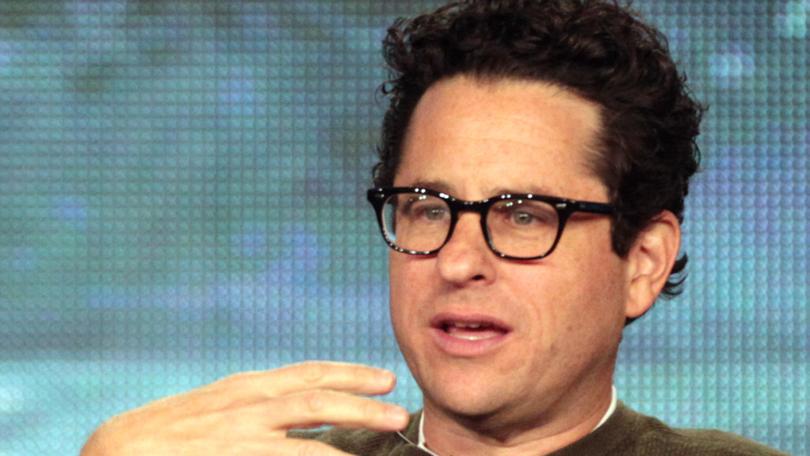
When the Hollywood writers’ strike kicked off in May 2023, a raft of TV shows and movies were shut down.
Among the big-name productions affected were Stranger Things, a Marvel movie, Emily in Paris and an upcoming TV series called Duster that suspended filming in New Mexico after crew members refused to cross the picket line.
Most people were not aware Duster was coming, but they should because it heralds the return to TV of uber-producer, director and writer J.J. Abrams. A 1970s-set crime drama about a female FBI agent who teams up with a getaway driver in a plot to stop a crime syndicate, the series is to star Josh Holloway and Rachel Hilson.
Sign up to The Nightly's newsletters.
Get the first look at the digital newspaper, curated daily stories and breaking headlines delivered to your inbox.
By continuing you agree to our Terms and Privacy Policy.Duster is the first TV series Abrams has created (or, in this case, co-created with LaToya Morgan) in more than a decade. And it’s about time.
In the 14 years since his last TV venture (largely forgotten spy thriller Undercovers), Abrams has been focused on the silver screen. There was the Steven Spielberg homage, Super 8, in 2011 and then three Star movies — one Trek (Into Darkness) and two Wars (The Force Awakens and The Rise of Skywalker).
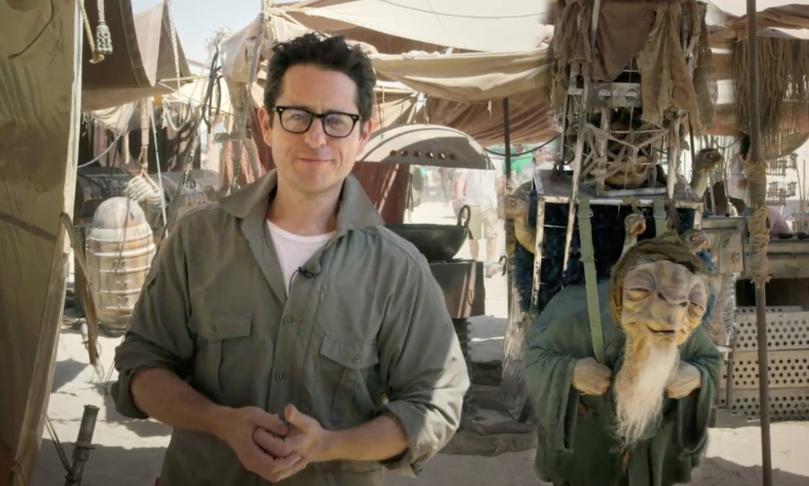
Depending on who you ask, the films ranged from mediocre to satisfying. The two Star Wars movies made a lot of money because it’s Star Wars. But, in the years to come, will they be as indelible in the wider culture as Abrams’ early TV projects still are?
Yes, a Star Wars movie is a Star Wars movie. Fans will always love (or hate) a Star Wars movie, but that’s because of the brand, Abram’s involvement is as a steward, not a creator.
But those early Abrams works on the small screen? They are forever. We’re talking about Felicity, Alias, Lost and, for a considerable legion of devoted fans, Fringe.
Earlier this year, when Jennifer Garner posted on social a reunion photo of her with Alias co-stars Victor Garber and Ron Rifkin, it set hearts aflutter. It was a potent reminder that Abrams was responsible for some iconic TV memories.
There is also the upcoming Felicity rewatch podcast to be hosted by former castmates Greg Grunberg and Amanda Foreman, to really supercharge that nostalgia.
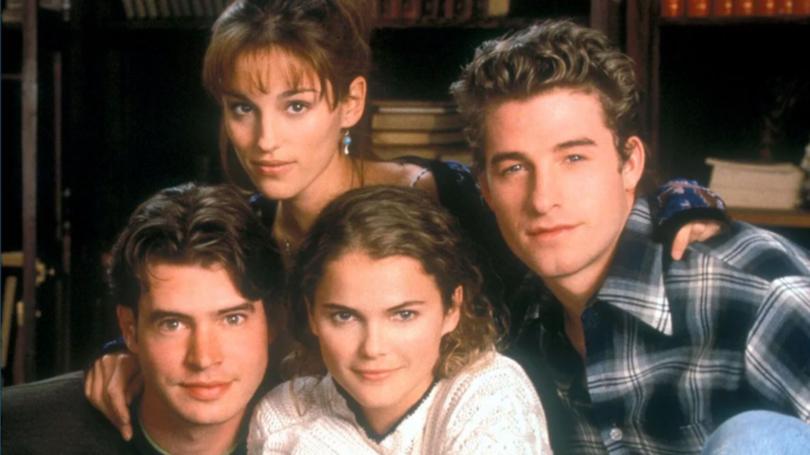
With Matt Reeves (yes, the Matt Reeves that would go on to direct Cloverfield and The Batman), Abrams started his TV career with Felicity, casting a then relatively unknown Keri Russell who had been a Mouseketeer and spent a season on a quickly cancelled Aaron Spelling primetime soap called Malibu Shores (which also featured a pre-Buffy Charisma Carpenter).
With her trademark curls and expressive eyes, Russell’s Felicity followed her big-time high school crush, Ben (Scott Speedman), from California to New York City, upending her original university plans. It was an unexpected move for a character who had her life planned out by her dad, and while it may have been instigated by stalker behaviour, really it was a universally relatable story about a young woman carving out her own place in the world.
The series ran for four seasons and while it got a little weird towards the end (maybe time travelling but also maybe it was a flu-induced fever dream), it was a character-driven coming-of-age drama with some classic tropes including a love triangle between three very attractive people.
Felicity debuted in late 1998, at the height of a moment in American culture when teen stories dominated screens big and small. Everyone was paying attention, especially when Felicity the character kept going back and forth between Ben and Noel (Scott Foley).
In the first season of Felicity, a young Jennifer Garner had a small arc as a guest star as Noel’s hometown girlfriend, Hanna. Garner obviously made an impression on Abrams because she went on to star in his next series, the twisty spy thriller Alias.
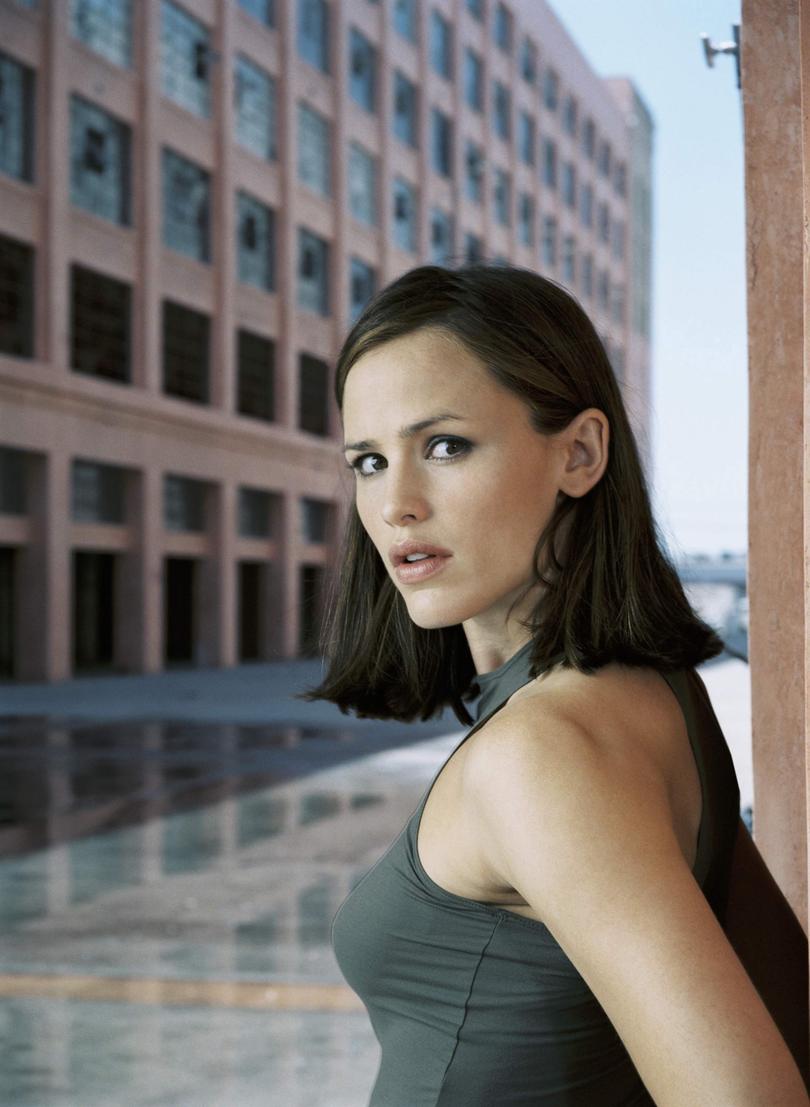
With a pulpy premise, Alias was centred on a young woman named Sidney Bristow, recruited for the CIA while still at university and sent on covert missions around the world. She then discovered she was never working for the government, but for a shadowy organisation called SD-6 where her father (Garber) was also an agent.
Over its five seasons, Alias became increasingly convoluted with its double-crosses, secret agendas and complex mythology involving artefacts, prophecies and mysterious powers – even Dan Brown wouldn’t have been able to keep up.
But it was addictive viewing, and the traditional broadcast TV model meant it had the time and breathing room to craft intricate, serialised storytelling – just like Felicity, but with a very different vibe.
In Alias, you can see the seeds of what Abrams would bring to Lost (co-created with Damon Lindelof and Jeffrey Lieber) in terms of how ambitious the series was with its puzzle box mystery and mythology. Abrams was involved only in Lost’s early days so he didn’t get tagged with its widely loathed finale.
Then there was the sci-fi series Fringe (created with Alex Kurtzman and Robert Orci), starring Joshua Jackson and Australians Anna Torv and John Noble. It ran for five seasons and featured a team of investigators who looked into unexplained phenomena using conventional methods and technologies of their own.
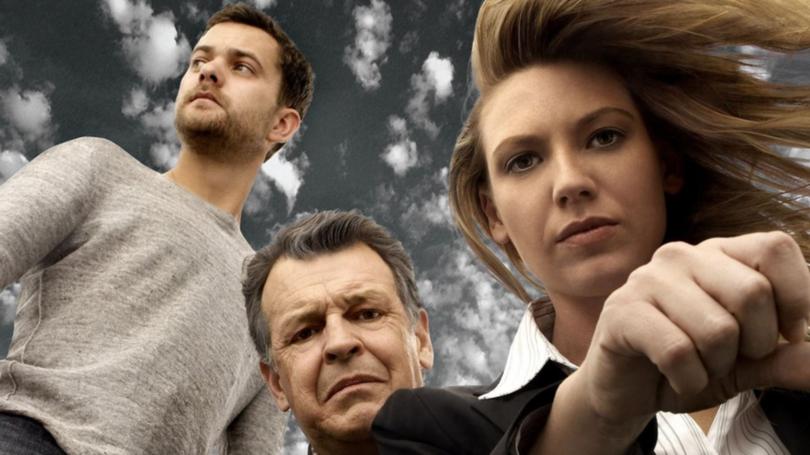
TV is a different beast now to when Abrams was at his peak in the early 2000s. Streaming and shorter seasons have changed the way serialised storytelling is written for the small screen but the fundamentals should be the same.
Perhaps Duster will be the next Abrams TV hit, perhaps it won’t be. And, so far, there have been no reports that production has resumed after the end of the dual writers and actors strikes late last year.
Certainly there have been a few Abrams projects that didn’t even get off the ground, such as Demimonde, a $US200 million series HBO ordered and then cancelled when parent company Warner Bros merged with Discovery and the boss of the new entity started slashing spending.
Felicity and Alias never cost $US200 million a season. And perhaps that’s a lesson for Abrams and other TV writers.
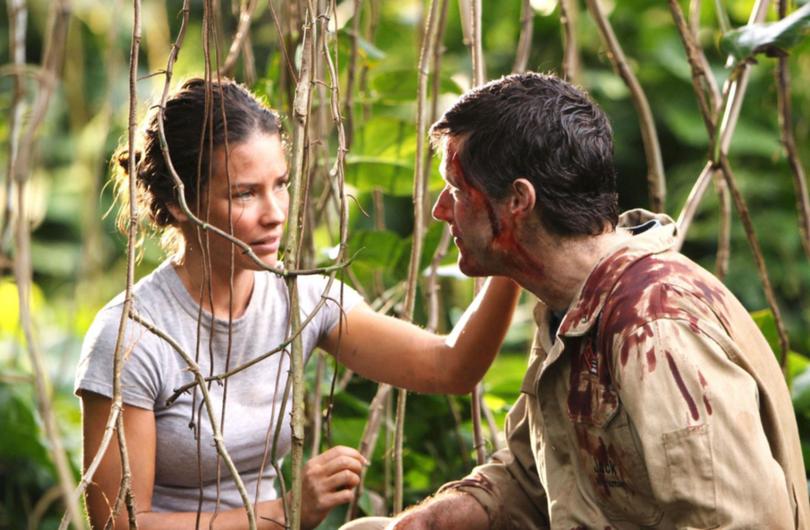
There is a craft to structuring a serialised 22-episode season and it’s starting to become a lost art unless experienced hands such as Abrams - and Michael Schur, David E. Kelley, Shonda Rhimes, Chris Carter, Vince Gilligan, Rob Thomas, Michelle and Robert King and the like - are given the time, budgets, episode orders and reigns to preserve the tradition.
It’s a format TV audiences still love, as the resurgence of Suits proved last year in the US after it hit Netflix.
There’s a lot of fuss made about very expensive TV productions with splashy special effects and high concepts. That’s all well and good sometimes, but other times, what you really want is great characters and a hooky story that you can invest in for years to come. Abrams knows how to do that. Let him.

